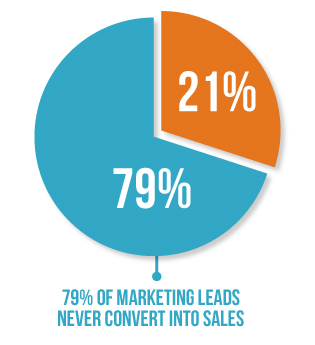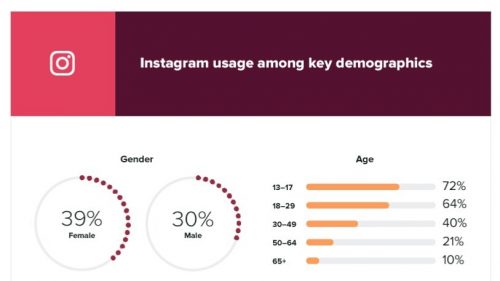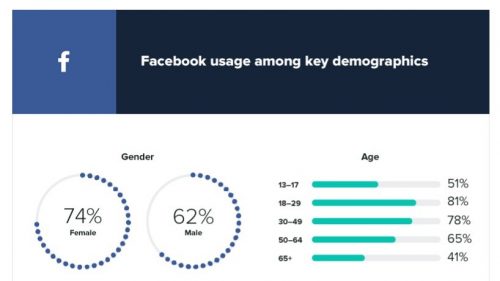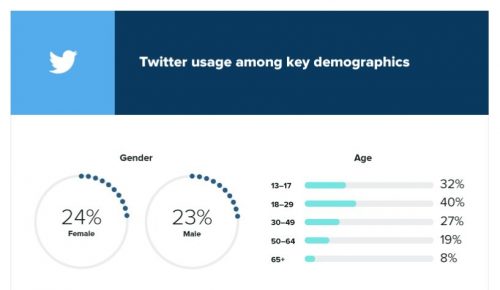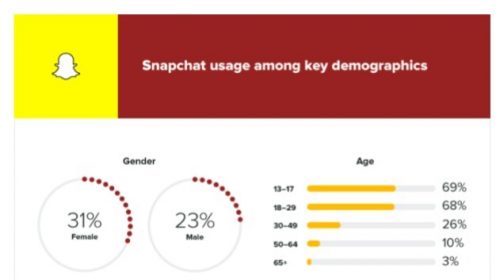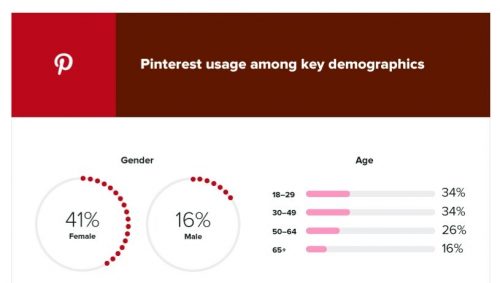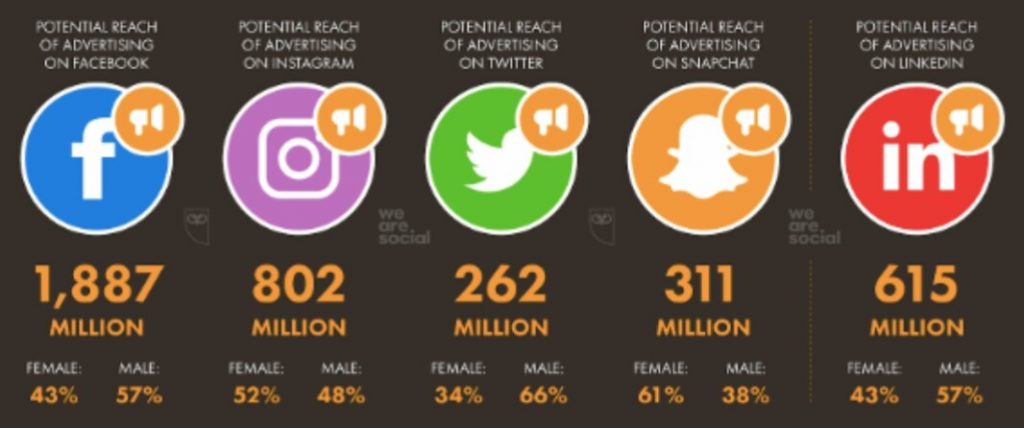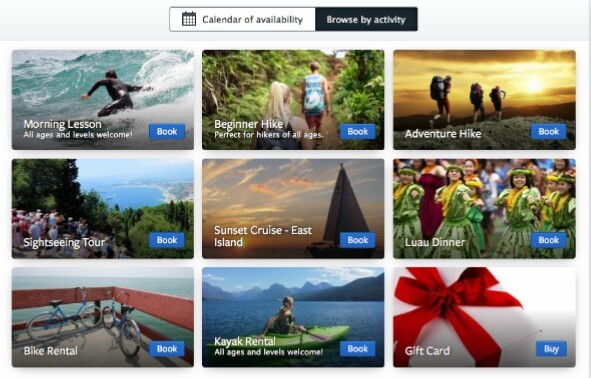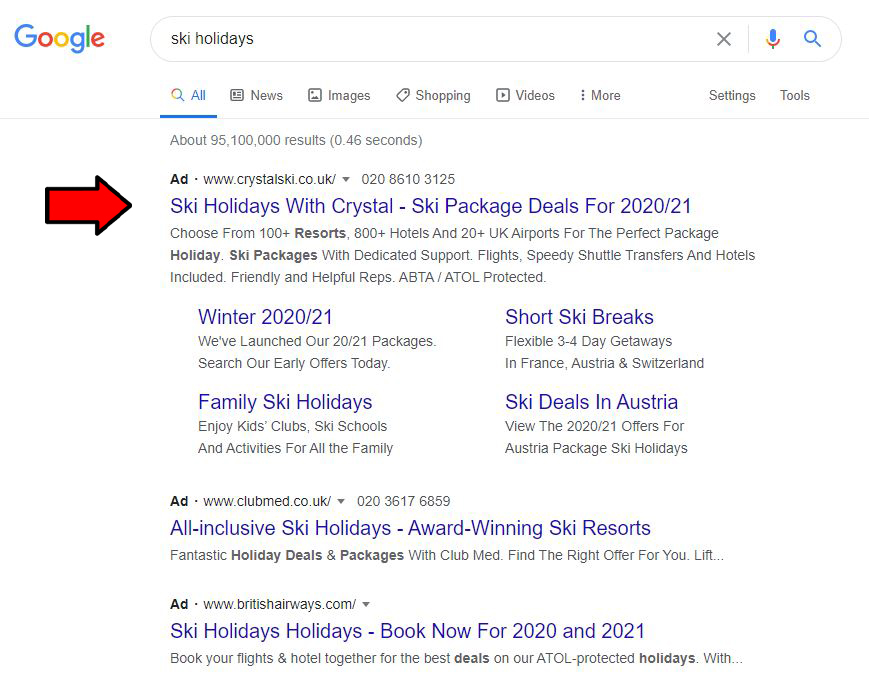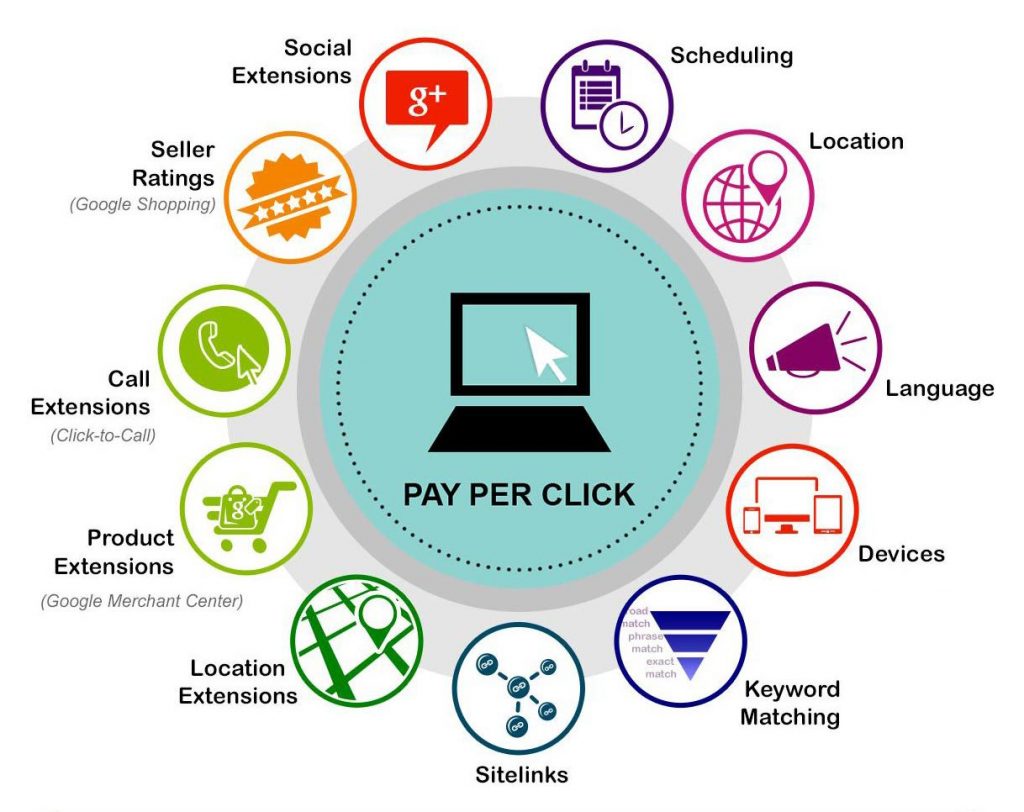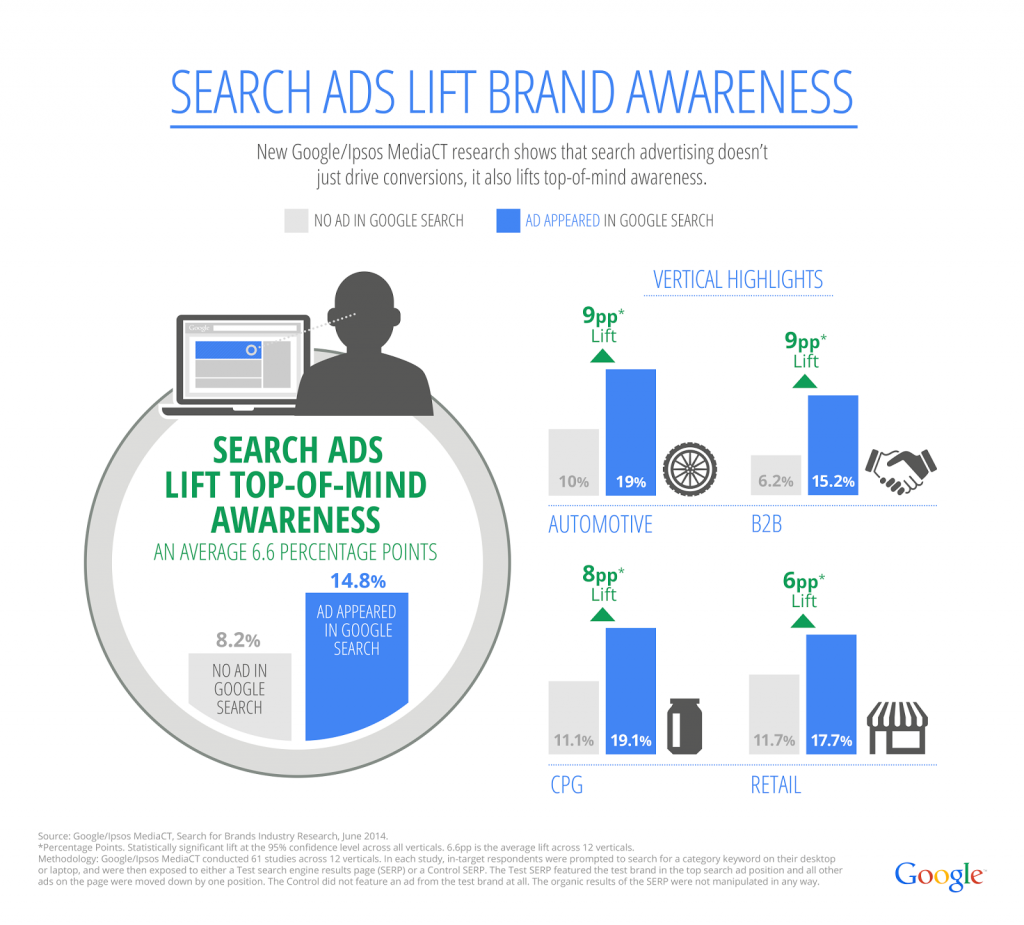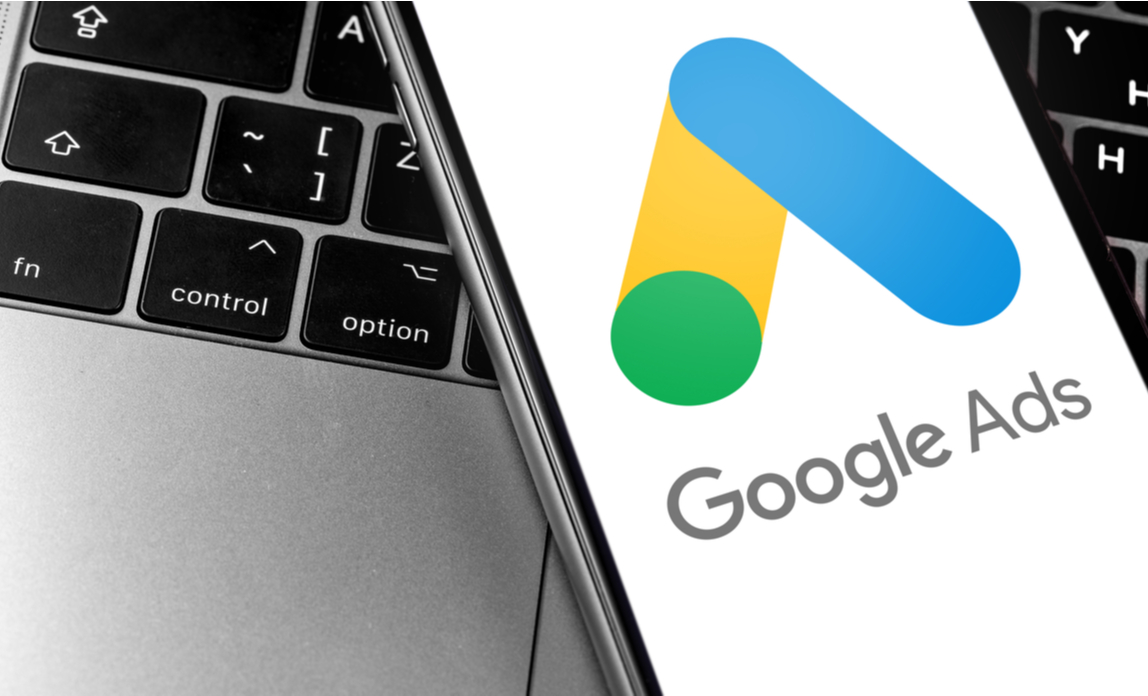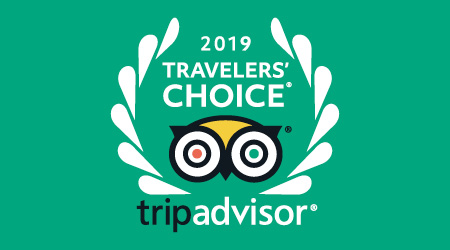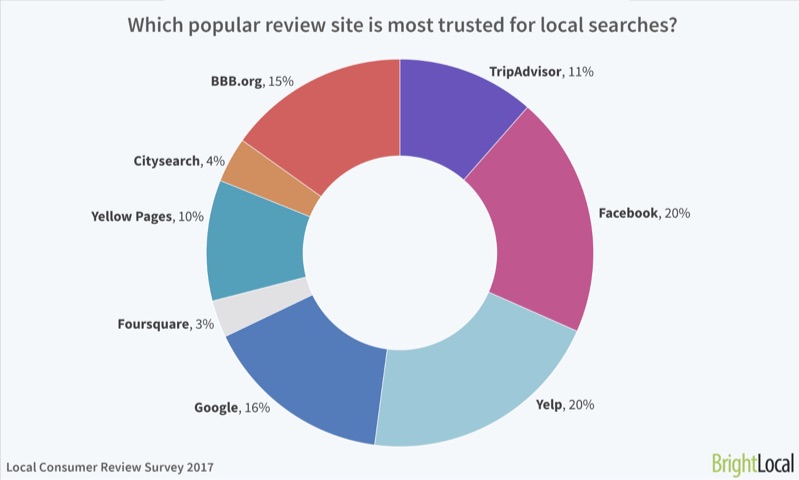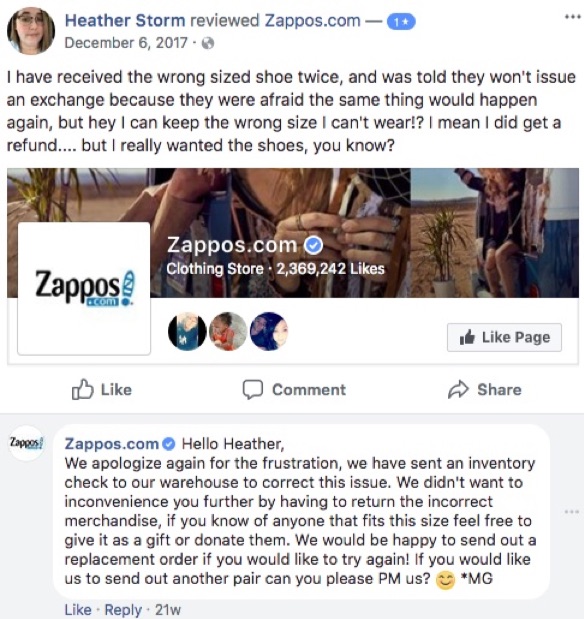A Guide to Landing Pages That Convert
With so many pages to manage on your website, it is easy to overlook the difference that carefully planned landing pages can make to your conversion rates.
With the right strategy behind it, a well-structured landing page can boost your bookings ten-fold.
How do you structure a landing page to boost bookings and sales?
It involves more than just great landing page design or appealing landing page copy.
To reap a solid return on investment you need your landing page to form the core of a complete strategy that boosts conversions, bookings, rankings and cultivates long term customers.
Here’s how to create landing pages that convert:
What is a Landing Page?
A landing page enable your visitors to find exactly what they want on your website straight-away.
It is a dedicated page for a single campaign, product or purpose.
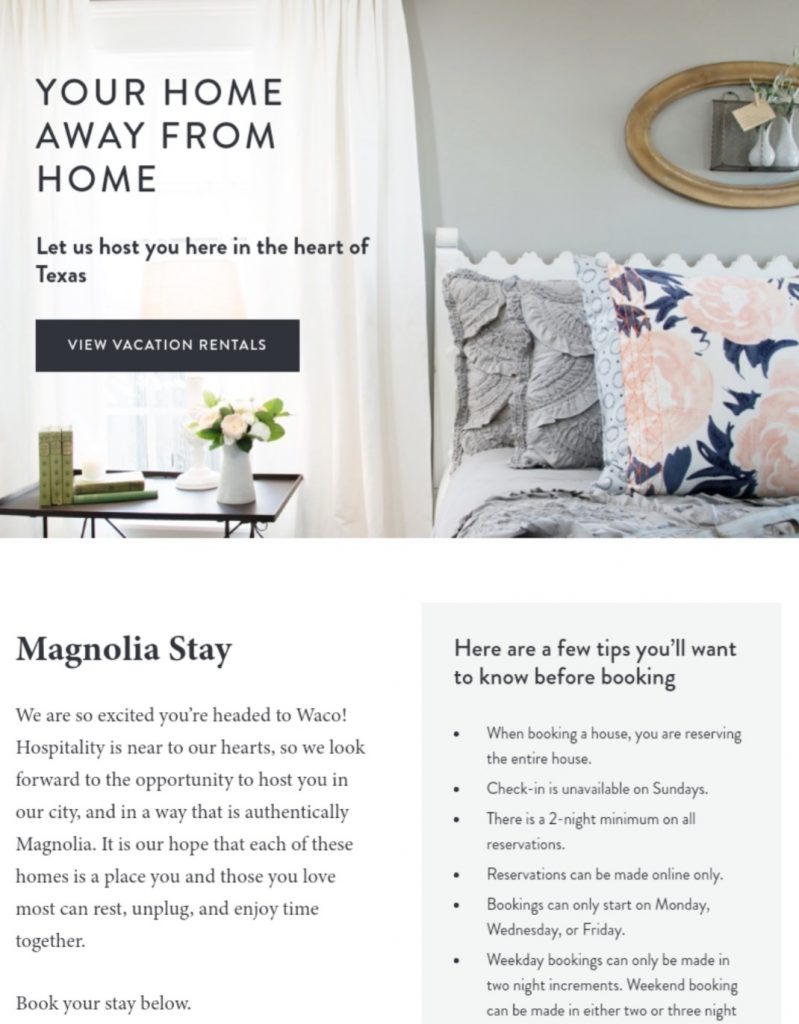
about one campaign or product, making it easy for the prospect to learn more and make the next step in their journey.
Magnolia’s landing page for their holiday rentals provides a wealth of practical information, so practical in fact, that you imagine yourself there within seconds of landing on the page.
Filled with enticing photos, bitesize but really useful information, a clear message and call to action at the top of the fold, plus some really clever use of language, this is a compelling and brilliant example of a targeted landing page.
Therefore, an effective landing page is a powerful part of your sales funnel that should be linked to a well-planned promotional campaign if you want to achieve a high ROI.
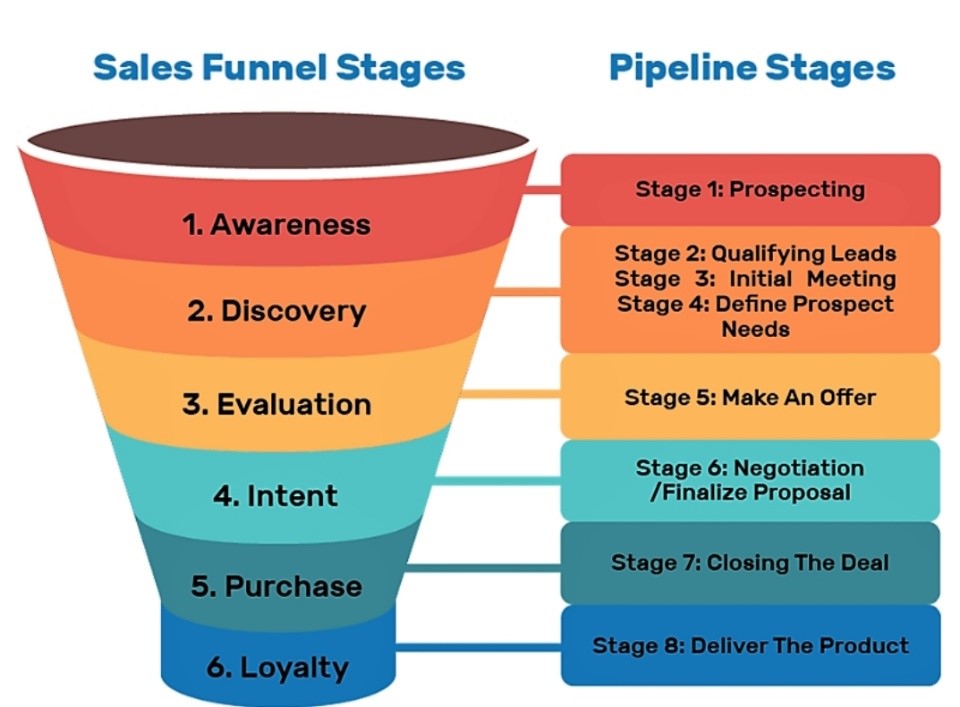
When it is executed well, a landing page can a rich opportunity to secure your prospect at the discovery stage.
It can both capture your target audience for your campaign and give them the precise information that they desire so that they can learn more about the product or campaign quickly.
A landing page also provides a place that prospects can return to easily if they want to evaluate the offer again.
Therefore, a landing page helps to speed up the customer journey whilst creating a positive experience for your visitors that aids their decision-making.
Why Landing Pages Work
Here are some of the top reasons why landing pages increase conversions:
Tailor your campaign to your niche target audience
From the strategies that you use to build initial awareness to the copy on the page and the call to action; everything can be specifically created for the ultimate goal of securing bookings for one targeted campaign.
The importance of reaching the right people, with the right message, cannot be overlooked.
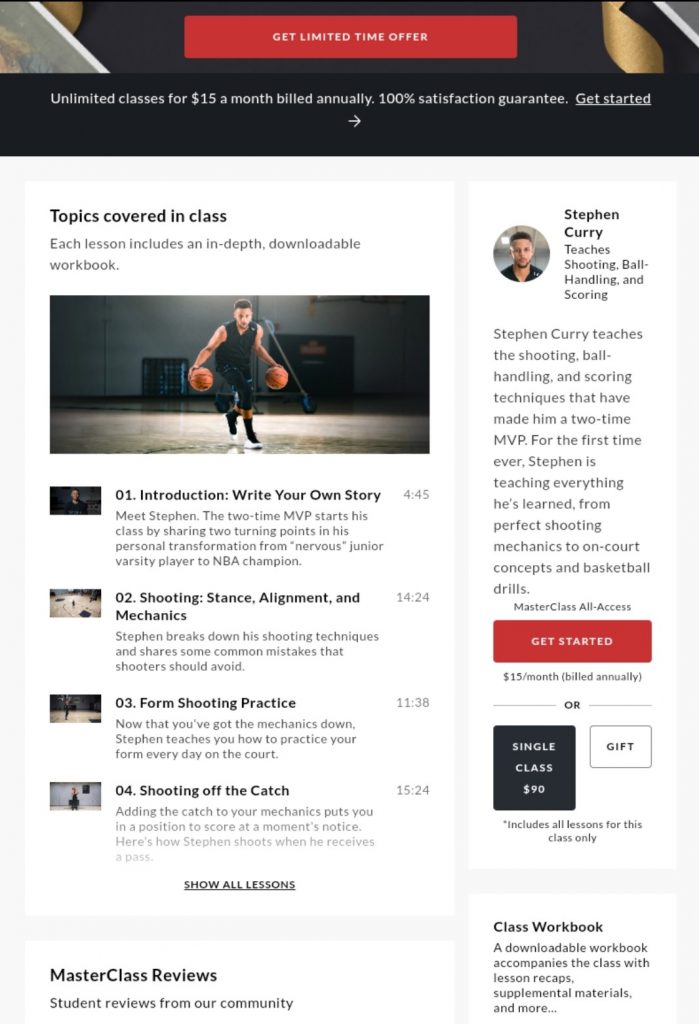
Masterclass have turned their landing pages into a rich source of information.
A clear indication that they know their market well, this is an evidence-filled landing page, which delivers the evidence, facts and visuals that so many sports fans enjoy.
From reviews to vids of your sports hero in action, this is a great example of a landing page that plays to its audience.
They appeal to our need for speed and our short attention span
We know that we have seconds to keep prospects on a website.
When you use landing pages, there are no distractions.
With the freedom to only include small amounts of specific information on the, when your visitors arrive they are able to find exactly what they need easily and quickly.
Focus on conversions
With your prospects attention in hand, you can seamlessly guide them to the next stage in the sales funnel, giving you lots of power to support them and keep them on your site to complete their customer journey at a quicker pace.
Develop an audience
As your prospect’s awareness is already raised through targeted promotions, your landing page now provides a valuable opportunity for you to collect significant data about your target audience.
From capturing email addresses to understanding their preferences this is potent information that you won’t want to miss.
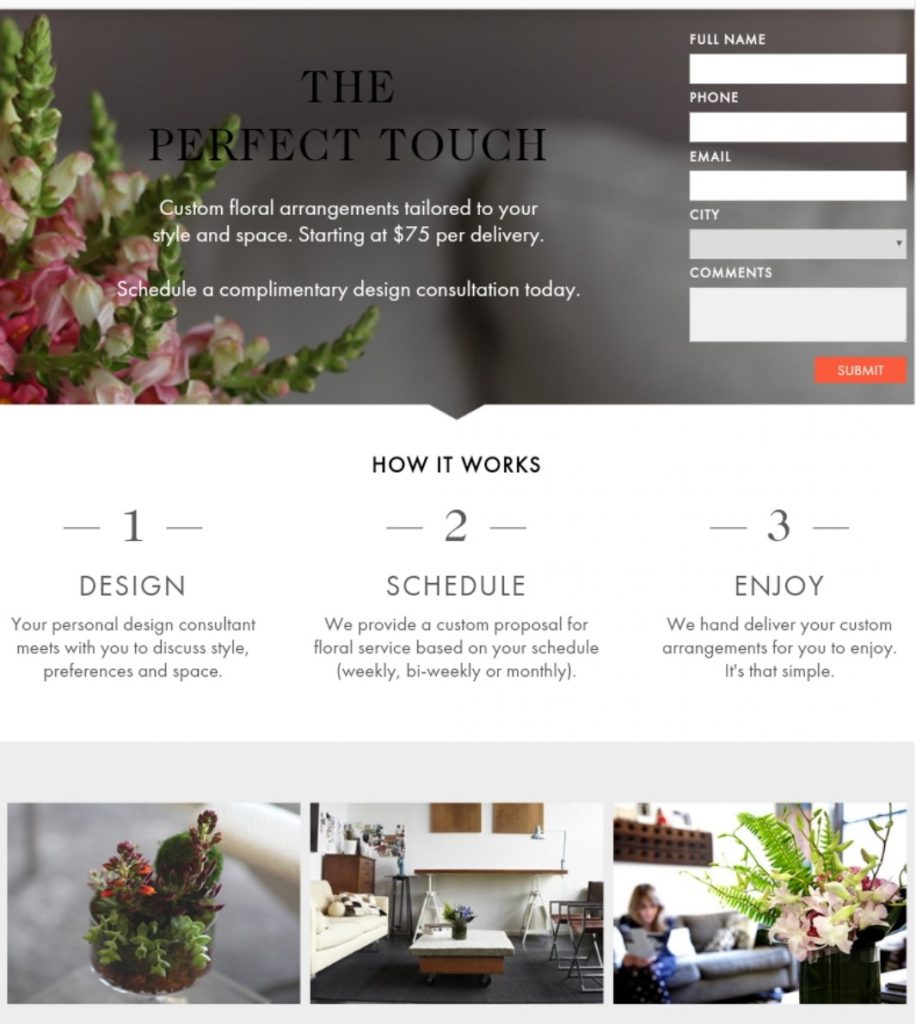
Improve your page and website rankings
The wide range of targeted strategies that you will use in relation to your landing page niche, will also serve to aid your page and website ranking.
Yet as great as all of that is, a well-designed landing page alone is not enough to produce high conversion rates.
A landing page is not a single entity. For a landing page to deliver the level of bookings that you want, it needs to be one link in a chain that creates a solid marketing strategy for your campaign.
How to Build a Landing Page Which Converts
To create a complete strategy for your landing page you will need to think about it as a central part of an overall strategy for a single campaign.
Whether that is an offer, an event or a specific destination, the ultimate goal of your landing page is to convert that visitor into a customer.
According to Blog.Hubspot.com ‘79% of marketing leads never convert into sales’. 1
Therefore you need to look at the sales funnel in its entirety.
How will the visitor find the landing page? What information do they need to gather from the landing page to help them to make a decision? Where should the page take them next so that they can make that booking?
Targeted Campaigns
Your customer’s journey to your page is as important as the information that is on the page when they get there.
That first step is one of the biggest differences between a page that converts and one that under performs.
If your initial strategy to build awareness of your page is not carefully planned to target the right customer, you will end up with traffic that doesn’t convert or no traffic at all.
Therefore, the promotion of your landing page should be carefully targeted to attract the right customer for your campaign.
How do you do that? Research and targeting.
Research your customer, test your campaigns and hone your content until it appeals to the right audience.
Without the right customer visiting your landing pages, you cannot make those bookings.
But that is not all there is to do.
SEO Keywords
Keywords are the rocket fuel of digital marketing and it is no different for your landing page.
Your landing page needs to be optimised for your core keywords, but to boost bookings through a complete strategy you need to take things further.
We just identified the high value of the first stage of your funnel, so it is here that your keyword optimisation should begin.
From your Google Adwords campaign to your social marketing, page snippets and more, you want to have a solid promotion around your landing page that is fully linked with your single goal of harnessing your niche customer.
It is here that it is easy to see why so many landing pages under perform.
It is not just as simple as creating an attractive landing page design, adding a snappy call-to-action button and some enticing copy – this is a full, structured campaign for each individual landing page.
Don’t dismiss this as too much to manage. We can do this and so much more for you. Conversions take work, time and much persistence as you test, analyse and re-test.
We have extensive experience in helping ambitious brands to generate more bookings.
Learn more about help with your website’s SEO.
Strong Promotional Content
SEO-optimisation alone is not enough.
Bolster your SEO optimisation with rich, carefully targeted promotional content that builds awareness of your page and captures the interest of your target audience.
From ads to emails, social media and more, we have a wealth of promotional tools at our disposal that can provide powerful, fun and exciting ways to capture your target market.
Together, strong SEO and appealing promotional content will create a rock-solid first stage in your sales funnel that places you in a strong position once the buyer arrives on your landing page.
With the right promotional content your prospects will arrive having already begun to form a connection to your campaign.
From this advantageous position, when your target audience land on your page you can provide the next level of information that they need to make an informed decision then guide them on to the next stage in your sales funnel with the ultimate purpose of obtaining that final booking.
Plated.com have made this look so easy with cleverly designed, highly visual landing pages that drip-feed all of the information that their customer needs whilst signing them up to their meal plans along the way.
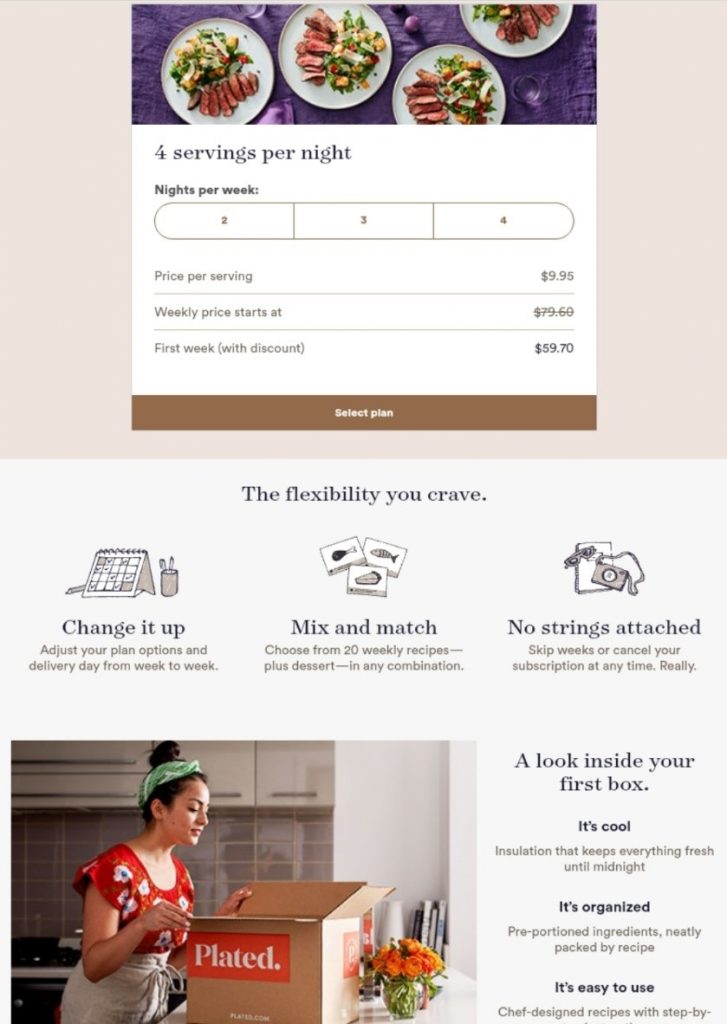
Therefore, the quality of your promotional content is key.
Again, for so many companies this is where the strategy begins to weaken because there isn’t the time or expertise to devote to a quality promotional campaign on a range of fronts.
Find out more about how we can help you with your promotional Facebook campaigns, or read our guide to Facebook advertising.
Page Rankings
For any solid digital marketing strategy, page rankings need some thought.
The most important factor is that the landing page is optimised for a specific target keyword.
Beyond that SEO entails building authority links through natural (white-hat) techniques, optimising your website speeds and utilising the power of video.
It is crucial that everything works together to enhance the performance of your campaign.
Capture Customer Data
Not effectively gathering customer data from targeted visitors to your landing pages is a massive wasted opportunity.
Lots of us like to shop around.
In fact, according to Marketo.com 96% of visitors that come to your website are not ready to buy’ 2.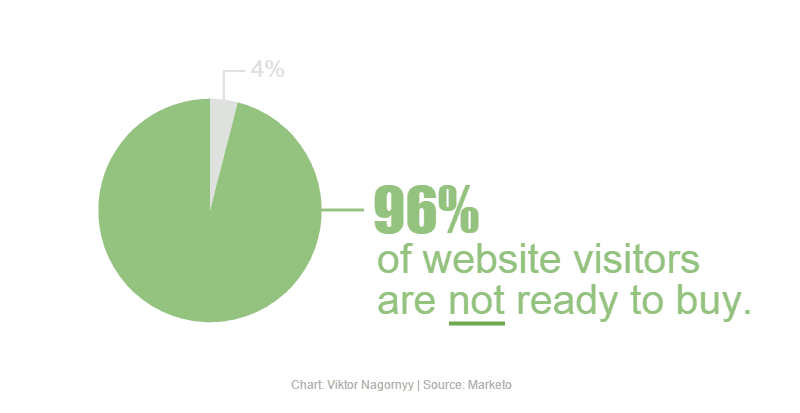
What prospects will do, is sign up to a mailing list or an offer as they continue to chew over their decision.
By building email sign up or an offer into the design of your page, all of your hard-won visits won’t go to waste and you are then gifted further opportunities to provide more information to aid your prospect in their decision-making.
Web Page Design
Here too, all of the other aspects of your landing page design come into play.
Your landing page design should have all of the necessary elements in place to encourage your customer’s journey to the next stage!
Including…but not limited to…
- Making sure that your call-to-action button is in the right place
- Using an uncluttered and clear website design
- Including relevant information that your visitors need
- Making the information easy to find
- Ensuring that you landing page is fast-loading
For more about web design read our 10 design tips for your website.
Test and Analyse
Anything worthwhile takes some time.
There are so many tools and techniques that we can use to test and improve the performance of a landing page.
It is vital that you keep testing and analysing the results of your page to see what is working well and where improvements can be made.
No time to do that sort of thing? We have and we can help you.
We are a friendly and dedicated team of creative online and search marketing specialists. We can help you to boost your bookings with powerful landing pages and much more.
We have a proven track record for increasing the bookings for some of the biggest brands in travel.
From paid search marketing to SEO, social media, website development and more, we are ready to put fresh strategies in place to deliver the optimum return on your investment.
Give us a call on: 01730 239858 or contact us to have a chat about your website.
We would be happy to give some honest recommendations.
Get in touch, it might just be the best decision you make all year!
Sources:
2 https://www.marketo.com/ebooks/website-and-seo-for-lead-generation/
Image : https://www.epsilontheory.com/the-funnel/sales-funnel/

